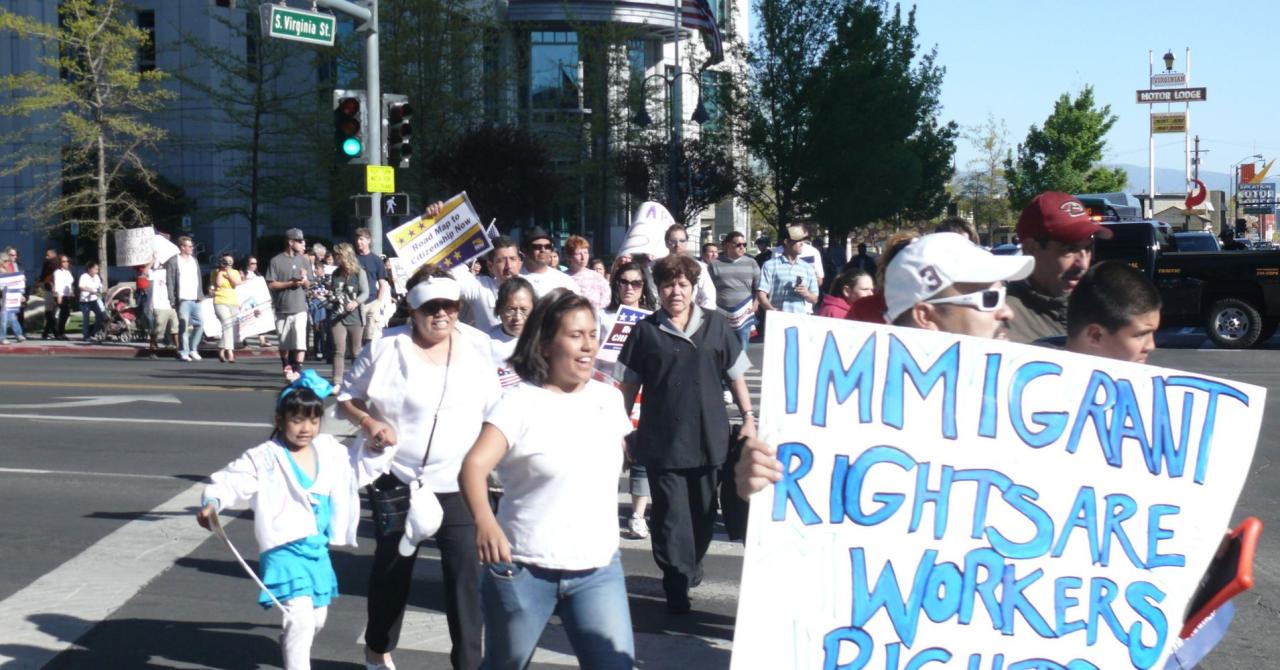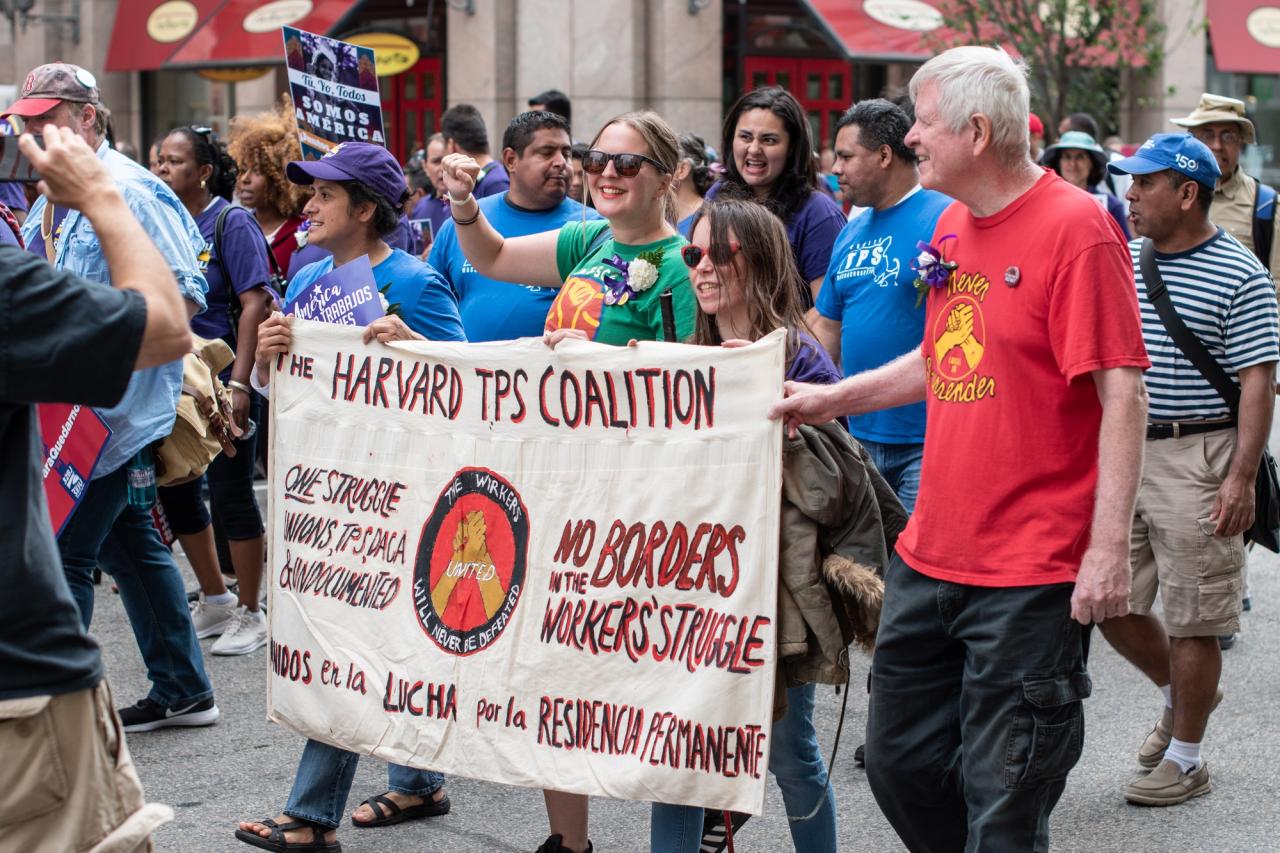In the tapestry of the American workforce, immigrant workers play a vital role, contributing their skills, labor, and cultural diversity to our nation’s economic growth. However, their journey is often fraught with unique challenges, including navigating complex labor laws and accessing necessary protections.
This article aims to shed light on the legal framework safeguarding immigrant workers’ rights, the obstacles they face, and the crucial role of advocacy and support in empowering them.
As we delve into the intricacies of labor laws and explore the challenges and opportunities faced by immigrant workers, we will uncover the significance of creating inclusive workplaces, the power of advocacy, and the collective responsibility we share in ensuring that every worker has a fair and just chance to succeed.
Labor Laws Protecting Immigrant Workers
Immigrant workers, like all workers in the United States, are entitled to certain basic protections under federal law. These protections include the right to a minimum wage, overtime pay, and safe working conditions. Immigrant workers also have the right to organize unions and bargain collectively for better wages and working conditions.The
Fair Labor Standards Act (FLSA) is the primary federal law that protects the rights of immigrant workers. The FLSA sets a minimum wage for all workers, regardless of their immigration status. It also requires employers to pay overtime pay to workers who work more than 40 hours per week.
The FLSA also prohibits employers from discriminating against workers based on their immigration status.The National Labor Relations Act (NLRA) protects the right of workers to organize unions and bargain collectively with their employers. The NLRA applies to all workers, regardless of their immigration status.
It prohibits employers from interfering with workers’ efforts to organize unions or bargain collectively. The NLRA also requires employers to bargain in good faith with unions that represent their workers.These laws have been enforced in numerous cases involving immigrant workers.
For example, in 2016, the U.S. Department of Labor recovered over $1 million in back wages for immigrant workers who had been denied overtime pay. In 2017, the National Labor Relations Board ordered an employer to reinstate an immigrant worker who had been fired for trying to organize a union.These
cases show that the FLSA and the NLRA are effective tools for protecting the rights of immigrant workers. These laws ensure that immigrant workers are treated fairly and have the same rights as all other workers in the United States.
Challenges Faced by Immigrant Workers
Immigrant workers face a unique set of challenges in the workplace, often stemming from language barriers, cultural differences, and discrimination.
Language barriers can hinder communication between immigrant workers and their supervisors, colleagues, and customers. This can lead to misunderstandings, errors, and safety hazards. For instance, a study by the National Immigration Forum found that 40% of immigrant workers reported experiencing communication problems at work due to language barriers.
Cultural Differences
Cultural differences can also create challenges for immigrant workers. For example, some cultures value direct communication, while others emphasize indirect communication. This can lead to misunderstandings and conflict.
Discrimination
Immigrant workers are also more likely to face discrimination than native-born workers. This can take many forms, such as being paid less than native-born workers for the same work, being denied promotions or training opportunities, or being harassed or fired because of their immigration status.
Advocacy and Support for Immigrant Workers

Immigrant workers face unique challenges in the workplace, including language barriers, discrimination, and exploitation. However, they are protected by various labor laws and have access to advocacy and support from labor unions and non-profit organizations.
Role of Labor Unions
Labor unions play a crucial role in advocating for the rights of immigrant workers. They provide representation in negotiations with employers, ensuring fair wages, benefits, and working conditions. Unions also offer training and education programs to help immigrant workers improve their skills and knowledge of their rights.
Work of Non-Profit Organizations
Non-profit organizations provide a range of support and resources to immigrant workers, including legal assistance, language classes, job training, and childcare. These organizations work to empower immigrant workers and help them overcome the barriers they face in the workplace.
Success Stories
Advocacy and support have made a significant difference in the lives of many immigrant workers. For example, in 2019, a group of immigrant workers at a poultry plant in Alabama won a $3 million settlement after they were denied overtime pay and other benefits.
The workers were represented by a labor union that fought for their rights.
Best Practices for Employers

Creating a welcoming and inclusive workplace for immigrant workers is crucial for fostering a positive and productive work environment. Employers should prioritize providing training on labor laws and cultural sensitivity to ensure that all employees understand their rights and responsibilities.
Providing Training
Comprehensive training programs should cover topics such as:
- Federal and state labor laws, including minimum wage, overtime pay, and discrimination protections
- Cultural sensitivity and awareness, including understanding different communication styles, customs, and beliefs
- Communication skills, such as active listening and effective communication techniques
Creating a Welcoming Environment
Employers should also take steps to create a welcoming environment for immigrant workers, such as:
- Providing translation services for non-English speaking employees
- Displaying posters and other materials in multiple languages
- Organizing cultural events and activities that celebrate diversity
Examples of Best Practices
Many successful employers have implemented best practices for creating a welcoming and inclusive workplace for immigrant workers. For example:
- The City of San Francisco provides free English classes for its immigrant employees.
- The restaurant chain Chipotle has a “Respect for All” policy that prohibits discrimination based on immigration status.
- The technology company Google has a “Diversity and Inclusion” team that works to create a welcoming and inclusive workplace for all employees.
Conclusion
The journey towards equitable treatment and empowerment for immigrant workers is an ongoing one. Through a comprehensive understanding of labor laws, unwavering advocacy, and the implementation of inclusive workplace practices, we can create a society where every worker, regardless of their immigration status, has the opportunity to thrive and contribute to the betterment of our communities and our nation as a whole.
FAQ
What are the key provisions of the Fair Labor Standards Act (FLSA) that protect immigrant workers?
The FLSA establishes minimum wage, overtime pay, recordkeeping, and youth employment standards for all workers, including immigrant workers. It prohibits employers from discriminating against workers based on their immigration status.
How does the National Labor Relations Act (NLRA) protect the rights of immigrant workers?
The NLRA protects the rights of all workers, regardless of their immigration status, to organize, bargain collectively, and engage in concerted activities for the purpose of improving their working conditions.
What are some common challenges faced by immigrant workers in the workplace?
Immigrant workers may face challenges such as language barriers, cultural differences, discrimination, and exploitation. They may also be more vulnerable to wage theft and other labor violations.
What role do labor unions play in advocating for the rights of immigrant workers?
Labor unions can play a vital role in advocating for the rights of immigrant workers by representing them in collective bargaining, providing legal assistance, and educating workers about their rights.
How can employers create a welcoming and inclusive workplace for immigrant workers?
Employers can create a welcoming and inclusive workplace for immigrant workers by providing training on labor laws and cultural sensitivity, translating important documents into multiple languages, and creating a supportive and respectful work environment.



